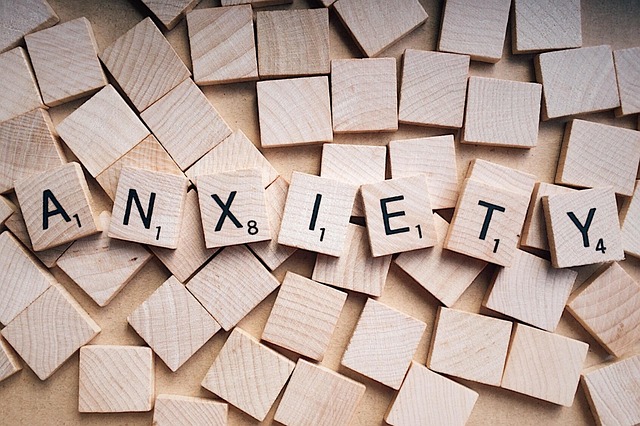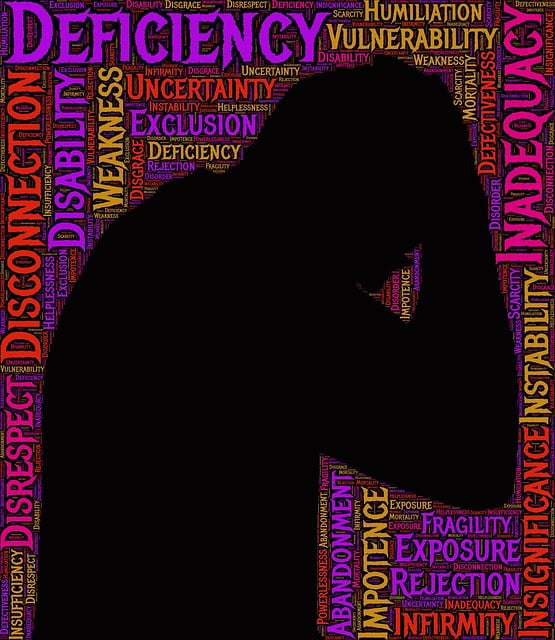Adolescence is a challenging period marked by stress from academic pressures, peer dynamics, social media, and self-expectations. To address these issues effectively, tailored stress management workshops for teenagers are crucial. Incorporating mindfulness, emotional regulation, and healthy coping mechanisms, along with cultural competency training for healthcare providers, ensures accessibility for diverse teen populations. Engaging teens in mental health education programs designed with their input empowers them to overcome challenges with resilience. These workshops should include evidence-based practices like compassion cultivation and self-awareness exercises, fostering emotional intelligence and resilience. Creating a supportive environment with active listening, interactive activities, and mindfulness techniques promotes open communication and peer support, encouraging the adoption of effective stress reduction techniques vital for therapy for adolescent and teen mental health. Measuring the success of these workshops through feedback forms, follow-up sessions, and surveys assesses their long-term impact on participants' well-being.
Stress management workshops are powerful tools to empower adolescents and teens, offering them essential coping strategies for their unique challenges. This article delves into the art of designing and facilitating therapeutic sessions tailored to youth stress. We explore the intricacies of understanding adolescent mental health, providing practical insights for professionals. From engagement techniques to measuring impact, learn how these workshops can serve as a game-changer in providing therapy for adolescent and teen stress relief.
- Understanding Adolescent and Teen Stress: Unveiling the Challenges
- Designing Effective Stress Management Workshops for Youth
- Facilitation Techniques to Create a Supportive Environment
- Measuring Success and Long-term Impact on Participants' Well-being
Understanding Adolescent and Teen Stress: Unveiling the Challenges

Adolescence is a pivotal period filled with emotional and physical changes, which can significantly contribute to stress levels. Teenagers often face pressures from academics, peer relationships, social media, and self-expectations, leading to heightened anxiety and depression. Understanding these stressors is crucial when organizing stress management workshops for this demographic. Many adolescents struggle silently, and early intervention through therapy for adolescent and teen mental health is essential.
Workshops designed to address these issues should incorporate strategies tailored to teenagers’ unique needs. This may include teaching mindfulness techniques, emotional regulation skills, and healthy coping mechanisms. Additionally, considering cultural competency training for healthcare providers can ensure that support is accessible and relevant to diverse teen populations. Engaging teens in mental health education programs designed with their input fosters a sense of ownership over their well-being, empowering them to navigate the challenges of modern adolescence with resilience.
Designing Effective Stress Management Workshops for Youth

Designing effective stress management workshops for youth involves tailoring content to address their unique needs and developmental stages. Adolescents and teens often face heightened pressures from academic demands, social interactions, and identity formation. Workshops should integrate evidence-based practices that foster resilience and emotional intelligence. Compassion cultivation practices, self-awareness exercises, and mindfulness techniques can equip young individuals with valuable tools to navigate stress and cultivate well-being.
Creating an engaging and supportive environment is crucial for the success of these workshops. Incorporating interactive activities, group discussions, and role-playing scenarios allows participants to explore coping strategies collaboratively. By promoting peer support and self-reflection, workshops can enhance self-esteem improvement while encouraging open communication about mental health challenges. Tailoring sessions to address specific stressors relevant to youth today ensures that the therapy for adolescent and teen stress management is both effective and meaningful.
Facilitation Techniques to Create a Supportive Environment

In organizing stress management workshops for adolescents and teens, creating a supportive environment is paramount. Facilitators should employ active listening techniques to ensure every participant feels heard and understood. This involves maintaining eye contact, paraphrasing concerns, and offering empathy rather than judgment. A safe space where youth feel comfortable sharing their experiences fosters open dialogue and encourages peer-to-peer support, enhancing the overall effectiveness of the workshop.
Additionally, using interactive activities, games, and exercises that engage participants actively in stress reduction methods can significantly boost engagement. Techniques aimed at self-esteem improvement, such as positive affirmation exercises, help adolescents build resilience against internalized negative beliefs. Similarly, teaching depression prevention strategies, like mindfulness practices, can equip teens with tools to manage their mental health proactively. These inclusive approaches contribute to a nurturing atmosphere that encourages participants to learn and implement effective stress reduction techniques.
Measuring Success and Long-term Impact on Participants' Well-being

Measuring success and evaluating the long-term impact of stress management workshops is vital to understanding their effectiveness in promoting participants’ well-being. This process involves assessing both immediate outcomes and sustained changes. Short-term metrics, such as post-workshop feedback forms and participant testimonials, can highlight the immediate relief and improved coping strategies they’ve gained. These qualitative insights provide valuable context about how the workshops have empowered individuals to navigate stress more effectively.
Longer-term success is equally significant, especially when considering mental health concerns prevalent among adolescents and teens. Regular follow-up sessions or surveys can gauge if participants continue to utilize mindfulness meditation techniques and other skills learned during the workshops. Studies have shown that such interventions can lead to decreased levels of depression prevention and enhanced overall mental health awareness, with effects lasting several months after the initial program conclusion.
Stress management workshops designed specifically for adolescents and teens offer a promising avenue in their overall well-being. By addressing the unique challenges these age groups face, as outlined in this article—from understanding teen stress to implementing effective facilitation techniques—organisations can foster supportive environments that promote resilience. The long-term impact of such initiatives is significant, potentially revolutionising how we support young people through therapy and empowering them to navigate life’s stressors with greater ease. Through continuous evaluation and refinement, these workshops have the potential to create lasting positive change in the lives of adolescents and teens.












